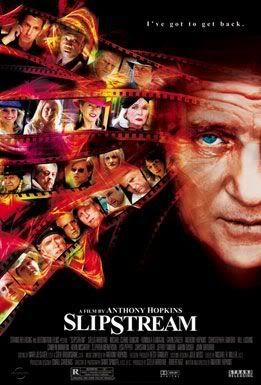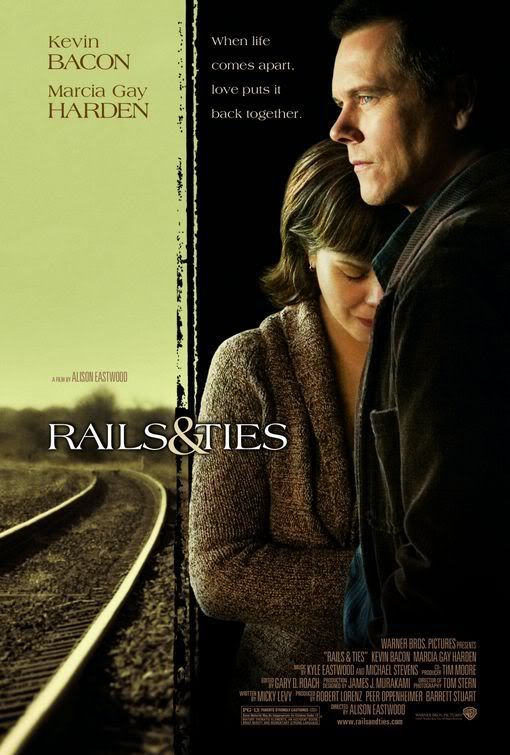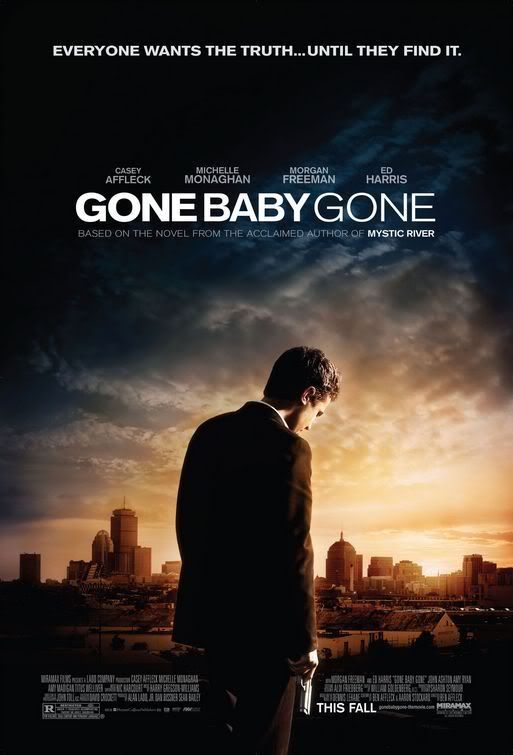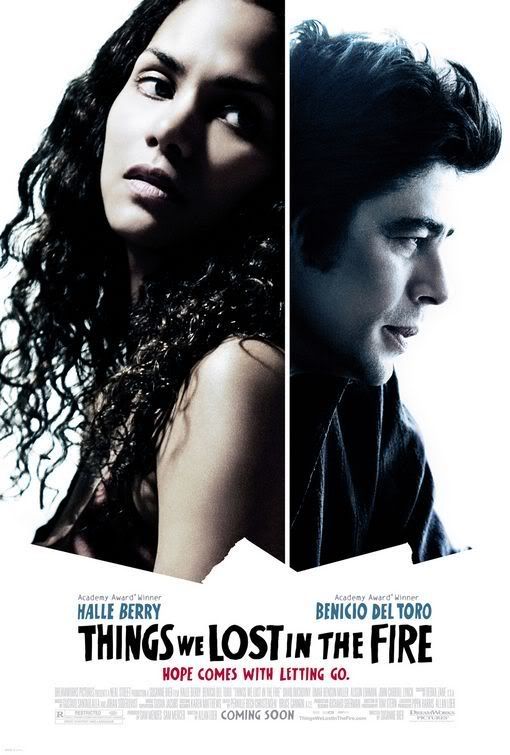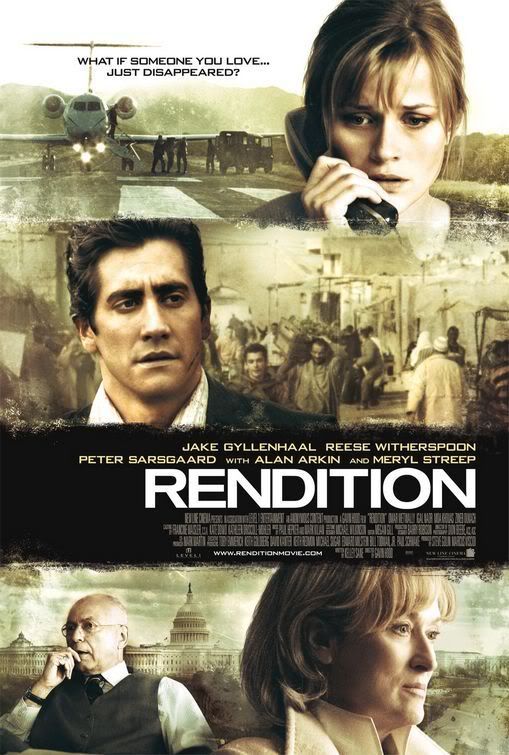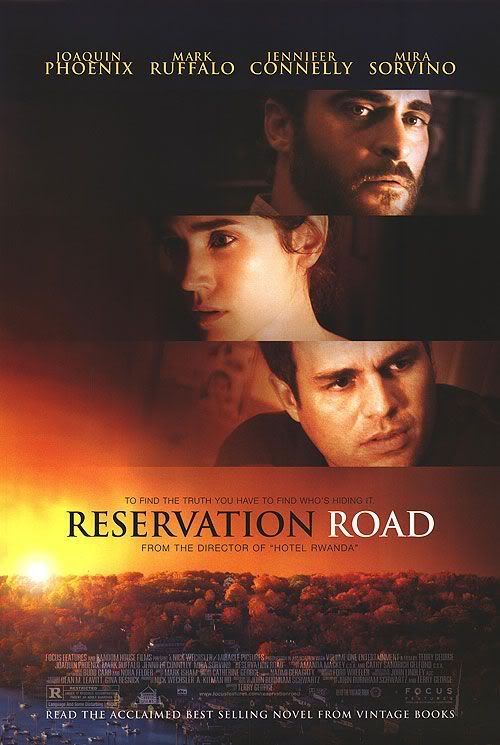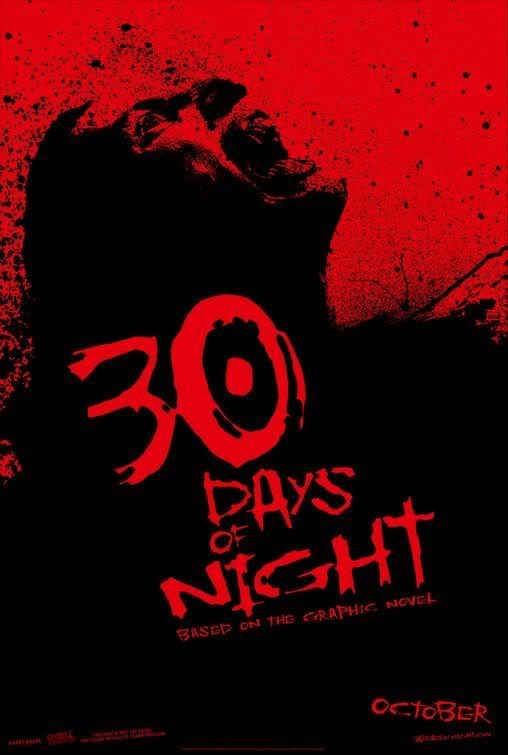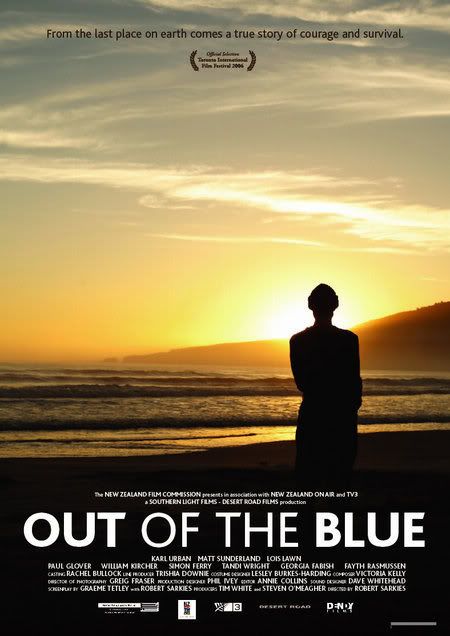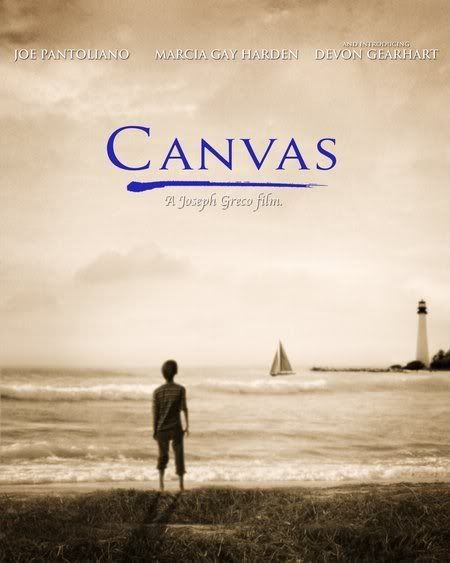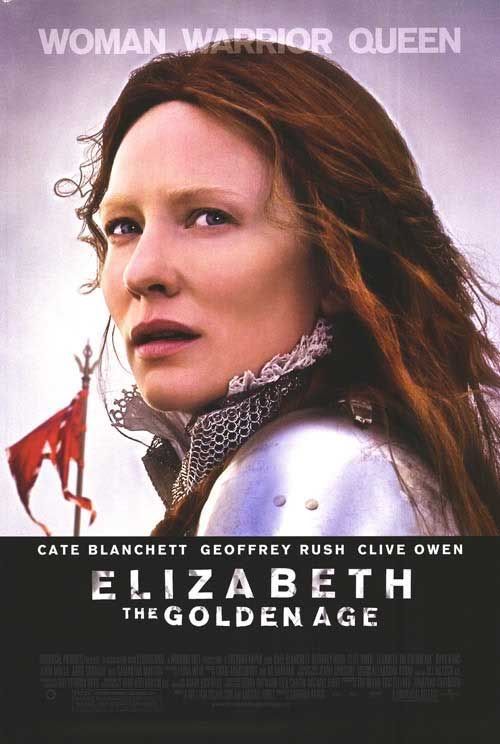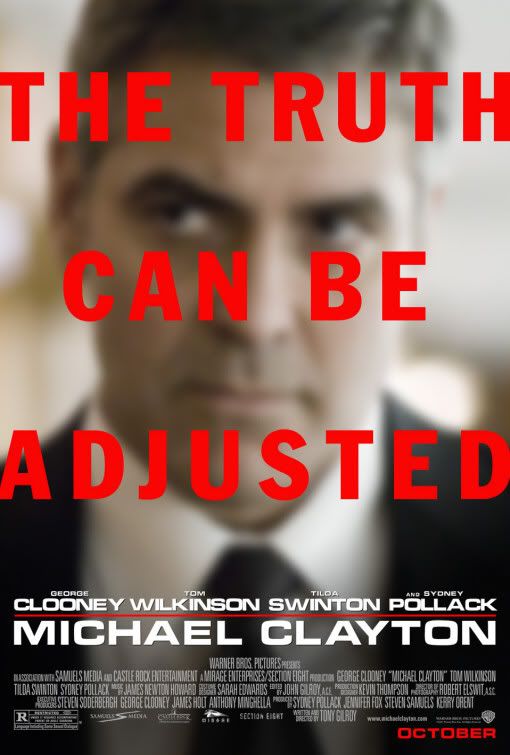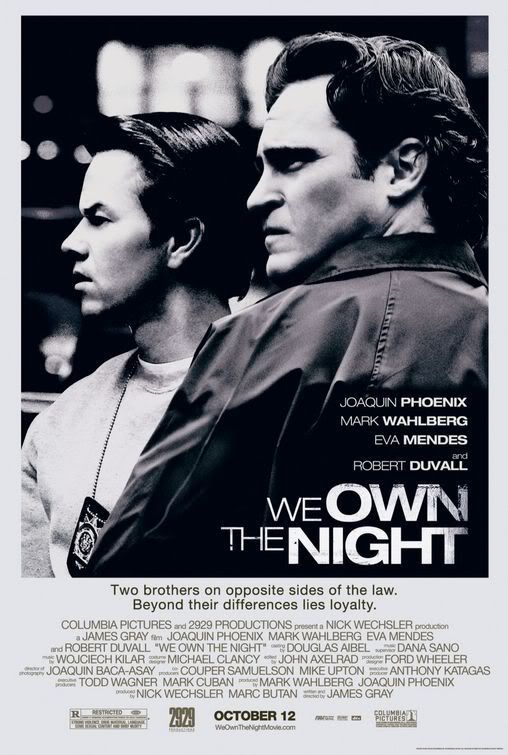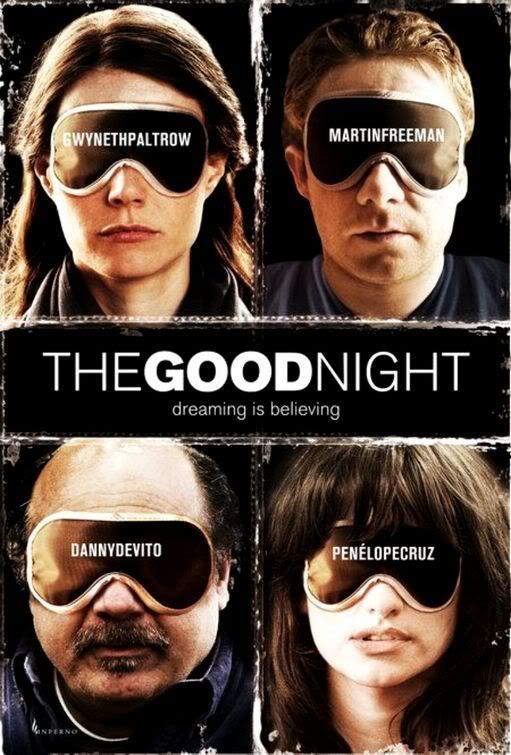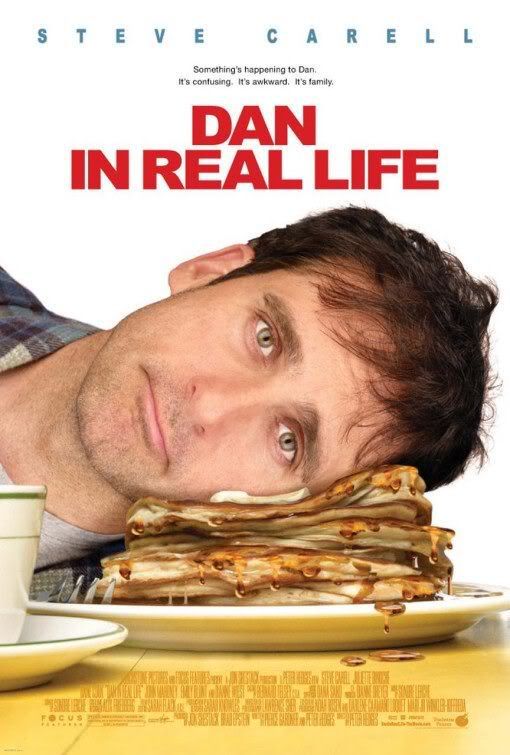
Dan in Real Life ***
Directed by Peter Hedges
Written by Peter Hedges and Pierce Gardner
Starring:
Steve Carell as Dan Burns
Juliette Binoche as Marie
Dane Cook as Mitch Burns
Alison Pill as Jane Burns
Brittany Robertson as Cara Burns
Marlene Lawston as Lilly Burns
Dianne Wiest as Nana
John Mahoney as Poppy Burns
Norbert Leo Butz as Clay Burns
98 Minutes(Rated PG-13 for some innuendo. )
-------------------------------------------------------------------------------------------
"Dan in Real Life" is that feel good movie of the season-at least until December's "The Bucket List" comes out. Over the years Steve Carell has been really making a sort of name for himself-starting out in comedies like "Anchorman" and "Bruce Almighty," and now he's a name. And while "Dan in Real Life" will probably not appease the fans he made with "The 40 Year Old Virgin," it really is a sweet little movie-to be taken with a certain amount of leniency-it's not exactly a depiction of real life-but more on reality later-it's a romance comedy, with some nice insight on family and relationships, and a few laughs to boot. This movie is too harmless to not like, but also at times a little too cute for its own good. It's not one of the best movies of the year, but its diverting, and great counter programming to the already box office winner 'Saw IV."
Carell plays Dan Burns-a newspaper advice columnist who apparently knows all about relationships and family, and the concept of syndication has slowly been talked about. However, his life isn't all perfection like his advice. Dan's wife died, and he is left with his three daughters-the seventeen year old Jane who wants to drive, the fifteen year old Cara who claims to be in love with her boyfriend Marty, and the even younger Lilly, who went Jane and Cara won't speak to him states "You're a good father, but a bad dad." The four of them go to a home in the country with Dan's parents, his brothers, his sister, and their families. Him being single now he has to sleep in the laundry room, often falling asleep to the sounds of washing clothes. He goes out one morning and takes a little walk and ends up meeting Marie in a bookstore-played by Juliette Binoche. The two of them get along and talk for hours until she gets a call from her significant other and has to leave-but he still cops a number. It isn't until he gets back to the house where he learns that Marie has been dating his brother Mitch-played by Dane Cook, whose best film is still 'Mr. Brooks." The two of them try to forget about what happened between them, and certainly not tell anyone, but as the week goes on Dan falls under her spell easily, and tries to get it together without making a complete fool of himself.
What really does make the movie work on a high level is the chemistry between Carell and Binoche. This is actually a rather odd film for her to be in-I'm so used to seeing her in such dramatic foreign films, but in the world of mainstream Hollywood comedies it works. I actually believed they could be happy together, and wanted them to end up happy in the end. Maybe its because I'm a sucker for romance done right. Both of those performances are terrific. And I would have preferred a little more of them, and a little less of the extended family happiness montages-Dan's family likes to do things together, which is fine-from crossword puzzle competitions to charades to playing football-but I didn't need to see it all in detail. I would have enjoyed a few less montages and a few more scenes of development in the main relationship-including a segment in a bowling alley.
In regards to the title, yes, this movie does not really depict real life-in fact at times its far from real life. But I think that writer/director Peter Hedges-who made the rather sour, but for some reason loved "Pieces of April" a few years back-was going for a certain amount of irony with the term "real." First of all, "Dan in Real Life" is the name of his column. Dan's trip to see his family seems to have them wanting to escape real life-hence the rather long happy family montages. And yet the harsh realities of life-the surprises, the heartache, the complications-seem to just force themselves right in. Marie, the Binoche character, at one point says that she is with Mitch because she got out of a tough relationship and he was fun and funny. And yet that seems to be all that he is-not a committed person, not serious-somebody outside of real life. I actually think that there is something a bit more involved in the rather carefree aspects of the movie, and not it being underwritten-kind of a play on words, irony thing happening. I actually think this is a very smart script, with quite a few things to say-things said by other characters end up applying to much different characters later on. The daughter claims she loves her boyfriend after knowing him for three days-a character played by Emily Blunt later on laments that she only got to be with her boyfriend for three days, and Dan claims to love Marie after three days, and it's clever how it all comes full circle.
I did like this film, quite a bit. It's a great escape, it's sweet, funny, and you leave satisfied. Carell is terrific as a rather down in his luck guy trying to change his life-the humor comes from the heart and feels natural, and the characters-from Carell, to Binoche, to the daughters, all have their little flaws and quirks, they don't always do the right thing but they are endearing. The ending leaves a few things open, but it does state that the ability to at least try to find love and happiness is always there-it may not be perfection every time, but life isn't perfection. "Dan in Real Life" is a winner.
